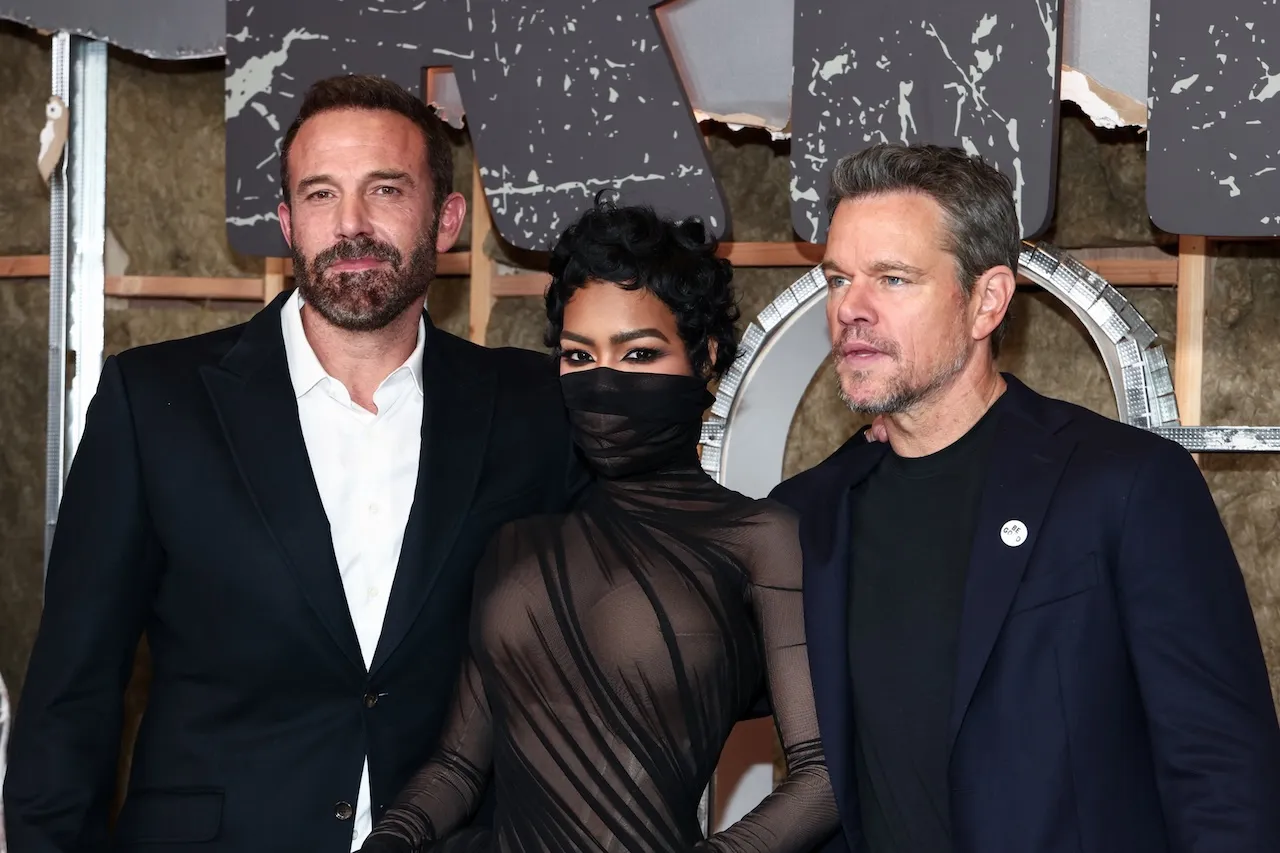Producers Were Forced to Blur Out These Products In A 2003 Britney Spears Documentary
In 2002, pop star Britney Spears was at the height of her power. And with that fame came major product endorsements. However, those endorsements came with restrictions. In an interview, producers of a little-known 2003 Britney Spears documentary revealed which products they had to blur out in their film.
Britney Spears had a multi-million dollar contract with Pepsi Cola

In 2001, Britney Spears was on top of the world. I’m a Slave 4 You dominated the charts, and the singer was shooting her first feature film, Crossroads.
Meanwhile, Pepsi decided that Britney should be the face of their iconic cola. At the time, The Guardian reported that she would “almost certainly” pocket at least $50 million for her involvement with the brand.
However, more recent reports from Parade Magazine place the deal in the $8 million range.
In any case, they paid her enough that they didn’t want filmmakers to photograph or film Spears drinking anything but Pepsi. As a result, filmmaker Judy Hoffman says she had to work around the contract while filming her 2003 Britney Spears documentary Stages: Three Days in Mexico.
The concert documentary chronicles her life on the road during her Dream Within a Dream tour.
The Britney Spears documentary director had to blur out Pepsi products
In a March 2021 interview with Vanity Fair, Hoffman claims that she had to blur products because Spears was a spokesperson for several prominent products. Britney’s record label at the time, Jive Records, also had expectations. As a result, the director made several concessions.
“We couldn’t show her smoking or drinking,” Hoffman told Vanity Fair. “I’d have to get the Marlboros off the table.”
According to the director, she also had to remove any images of beverages that could be considered a competitor for cola giant Pepsi. Therefore, Hoffman blurred even certain water bottles and competing-brand vending machines in the Britney Spears documentary.
Additionally, the director blurred Britney Spears’ cell phone. According to Hoffman, it went against yet another of the singer’s sponsorships. The cell phone images are indistinguishable, except that it appears to be a flip phone.
Per Vanity Fair, Hoffman says her record label “owned” her. Moreover, RCA Records, into which Jive combined ten years ago, didn’t respond to VF’s request for a comment on the matter.
The director says her record label didn’t make it easy for her to shoot the film
Hoffman claims that the changes made it difficult to shoot the documentary as she hoped.
“We really had this idea that possibly we could get to know her and explore what she thought, what life was like, do a real behind-the-scenes, more intimate look at Britney,” Hoffman told the magazine. “We just wanted it to be direct cinema, observational cinema, where whatever happens in front of the camera happens and hopefully it reveals itself…which is really something that Albert Maysles helped to develop.”
The late Maysles was a cinematographer on the film.
Nonetheless, while Hoffman hoped to show Britney Spears’ behind-the-scenes life exactly how she saw it, the blurred images don’t take away from the impact of the documentary. For all the glitz and glamour of Britney’s stage show, Stages: Three Days in Mexico is a surprisingly desolate view of what it was for Britney to be on tour at the height of her fame.


